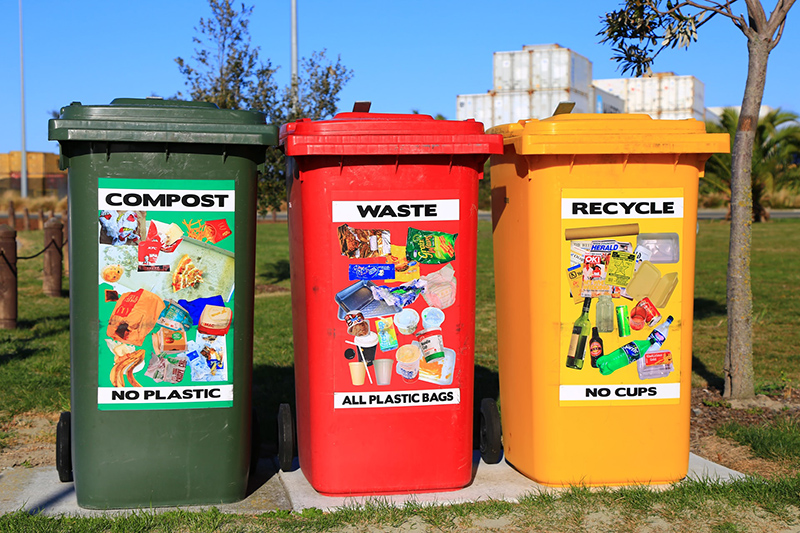Click here to get this post in PDF
Waste management is an aspect of business that many may not think about. For those employees working in an office, they may not think about the crumpled notes they put in the bin at the end of a day, or those working in a factory about the offcuts of metal or plastic created when producing parts.
There are some common mistakes that businesses make when disposing of waste generated at work. By rectifying these mistakes, businesses could save money, which could then be used in other areas of the business, and they could also improve their environmental impact. So, what are some of these common mistakes?
Mixing recycling with general waste
We all understand how important it is to recycle as much waste as possible and the benefits which come from this. However, it’s very easy to make mistakes when recycling by mixing different waste items that should not go together. For this reason, it’s vital that businesses have recycling bins that clearly display what kind of waste should be put in them.
Another crucial point to keep in mind for businesses is how they should handle recycling after being put in the office recycling bin. Some businesses may work with cleaning staff who will handle this, but others will do it themselves. Recycling needs to be put in a large recycling bin, just like you have at home, but can’t be contained in a plastic bag. If this is the case, it will not be recycled!
Wasting time with waste disposal
Some businesses may feel they are doing a great job when it comes to waste disposal, but in reality, they may be wasting time that they could spend on other things. By partnering with a professional waste management company, businesses do not need to focus as much time on dealing with waste, and they can be sure it will be disposed of correctly.
Keeping too much waste on site
When organising how waste is collected and stored on a business site before it is disposed of, there can be a temptation to collect as much as possible and then dispose of it all at once. However, this can lead to safety concerns for some businesses, for example, on a construction site. Understanding the limits of your waste management systems is vital for businesses to keep staff and the public safe. When using, for example, commercial skips, it’s crucial to understand the volume of the skip and when it’s time for it to be emptied so it doesn’t start to put people at risk.
Food waste can be used positively
There has been a huge amount of discussion about what should be done with food waste from restaurants and shops, and there are many options. One which is often overlooked is the option to compost food waste. This allows it to be used in the future, and there are local organisations or government projects which will gladly accept compost to use on local parks or food projects. Any business that produces food waste should be looking into options other than just general waste.
There are other mistakes that businesses make when dealing with waste, other than the four highlighted above. However, hopefully, the information above shows that these mistakes can all be solved easily, and the benefit to doing so can be significant.
About the Author
Jim Stanley is a Director at JBM Environmental Services, an award-winning waste management company based in the North East of England.
You may also like: 6 Ways to Deal with the Solid Waste Generated by Your Business
Image source: Unsplash.com

